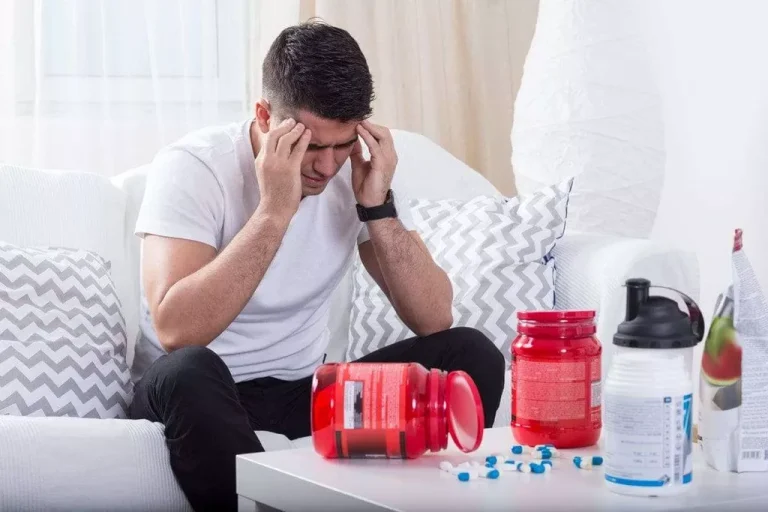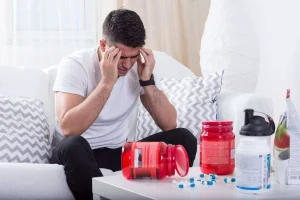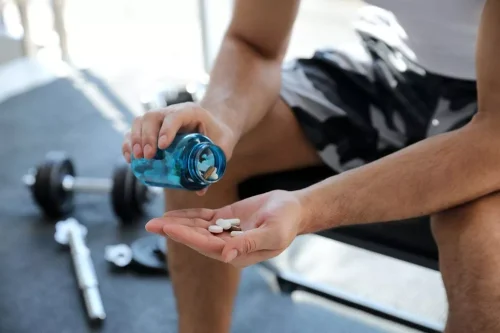Типы торговых счетов в АльпариAirMarkets Limited какой выбрать?
جولای 13, 20209 Essential Steps for Setting Up a Construction Accounting System
آگوست 16, 2021
Comprehensive patient care entails acute management and outpatient support in the hospital setting. In the inpatient setting, nurses perform frequent assessments that inform the treatment plan. Medications can also help keep a person’s body chemicals balanced, lowering the risk of severe complications. A medical professional will administer the medication and monitor its effects in rehab. In addition, alcohol detox can use another remedy if the drug begins to cause unwanted side effects or interferes with the detox process.
Medication-Assisted Treatment (MAT)

Understanding the process of alcohol detox and knowing what to expect can help make this experience easier to manage. Alcohol withdrawal can start as soon as 6 hours after the last drink, with symptoms beginning mild at first and becoming more severe over time. People typically experience severe withdrawal symptoms between 24 and 72 hours after stopping alcohol.

What Are the Causes of Alcohol Withdrawal Timeline Symptoms?
- Frequent alcohol consumption, even in small doses, may increase the risk of atrial fibrillation and an abnormal heartbeat.
- Remember that recovery is possible no matter how long a person has been drinking.
- Individuals who drink heavily or have a history of chronic alcohol use are more likely to experience withdrawal symptoms, which can range from mild to severe or complicated.
- These symptoms begin between 6 – 24 hours after the last drink and can range in severity.
- Thus, gathering knowledge about how to detox from alcohol use effectively can be life-changing for those affected by excessive consumption.
- Contact your doctor if you or someone you know is experiencing alcohol dependency or withdrawal symptoms.
Treatment may alcoholism symptoms include medication-assisted treatment, monitoring for complications such as seizures or delirium tremens, and counseling and other supports to manage alcohol dependence successfully. It’s crucial for individuals who struggle with alcohol addiction to seek professional medical help as early as possible to manage withdrawal symptoms and avoid serious complications. Alcohol consumption spans a spectrum from low-risk to severe alcohol use disorder (AUD). Alcohol withdrawal syndrome poses a significant clinical challenge arising from the spectrum of AUD—a prevalent condition affecting a substantial portion of the United States population. Alcohol detox can be dangerous, especially if it is finished without the help of a professional.
Alcohol withdrawal seizures: 24–48 hours
Some people experience prolonged withdrawal symptoms, like insomnia and mood changes, that can last for weeks or months. Go to the nearest emergency room or call 911 (or your local emergency service number) if you or a loved one has any concerning symptoms of alcohol withdrawal. Contact your doctor if you or someone you know is experiencing alcohol dependency or withdrawal symptoms.
- While the onset of DTs usually occurs 48 to 72 hours after the last drink, symptoms can take up to 10 days to appear.
- If a region of the brain known as the cerebellum has been damaged by a lifetime of frequent drinking, alcohol-related tremors may potentially appear separately from AWS.
- Alcohol withdrawal seizures typically aren’t deadly on their own, but they can lead to dangerous complications.
- Severe and complicated alcohol withdrawal requires treatment in a hospital — sometimes in the ICU.
- Alcohol withdrawal symptoms can start just a few hours after the last drink, and last for days or even weeks.
- These symptoms are uncomfortable but generally manageable, and most people can complete stage 1 of withdrawal without severe complications.
Signs Of Alcohol Dependence
However, you do not have to experience alcohol dependency to have withdrawal seizures. Due to the severity of some alcohol withdrawal symptoms, alcohol detox should be monitored by a medical professional. This is especially true for those with a history of lung or heart diseases or other medical conditions, as alcohol withdrawal symptoms can quickly worsen. Consuming even a few drinks can cause the discomfiting experience of alcohol withdrawal. Over time, the body can become dependent on alcohol withdrawal seizure alcohol and develop tolerance, leading to addiction and further consequences.
Alcohol withdrawal seizures are often treated with benzodiazepines, such as lorazepam or diazepam. These medications reduce seizure activity and relieve other symptoms of alcohol withdrawal. Medication management can help reduce the risk of further seizures and ensure a more successful recovery. For alcohol withdrawal syndrome, treatment typically includes medication to help manage the symptoms and address underlying issues contributing to the individual’s dependence. Medication such as benzodiazepines can reduce agitation, anxiety, and muscle tremors; anticonvulsants like Neurontin and Topamax may help reduce the risk of seizures. After successful treatment, some individuals may experience longer-term effects of alcohol withdrawal, such as emotional instability or anxiety lasting for months or even years.

- Detoxification is essential in managing physical and mental dependence on this dangerous substance.
- In addition to AUD’s physical and mental health consequences, heavy alcohol use also has significant economic and social costs for individuals, families, and communities.
- While in the hospital, a medical team can monitor any other symptoms you may experience, as well as treat your seizures.
- Understanding these factors can help in managing and preparing for alcohol withdrawal more effectively.
- It can cause hallucinations, tremors, and seizures and can be life-threatening if not treated immediately.
Most feel better within a week, but some may experience anxiety and other symptoms for weeks or even months. Do not attempt to withdraw from alcohol on your own, as symptoms can be dangerous. Insurance will cover medical care from a hospital or alcohol detox program.
General Health

According to the World Health Organization, about 13.5 million die from alcohol-related causes yearly, making it the third leading cause of death, behind tobacco and poor nutrition. Additionally, an estimated 88,000 people die from alcohol-related causes yearly in the United States. Medication may be used to help reduce the side effects of withdrawal, such as tremors, seizures, and others. For example, benzodiazepines such as Ativan, Librium, and Valium can help reduce symptoms of agitation and anxiety, and muscle tremors. One way to help manage withdrawal symptoms is to engage in regular physical activity, eat a balanced diet, and practice relaxation techniques. These can help distract from cravings and reduce stress which can worsen the withdrawal symptoms.
In some cases, symptoms may progress to severe withdrawal with seizures and delirium tremens. The main concern over the development of delirium tremens during alcohol withdrawal is the threat of mortality that comes with it. Delirium tremens is estimated to come with a 35% risk of death if you go through it without https://ecosoberhouse.com/ treatment.
Guidelines for Drinking Alcohol
Alcohol (ethanol) depresses (slows down) your central nervous system (CNS). If you consistently consume significant amounts of alcohol, your CNS gets used to this effect. Your CNS must work harder to overcome the depressant effects of alcohol to keep your body functioning.
